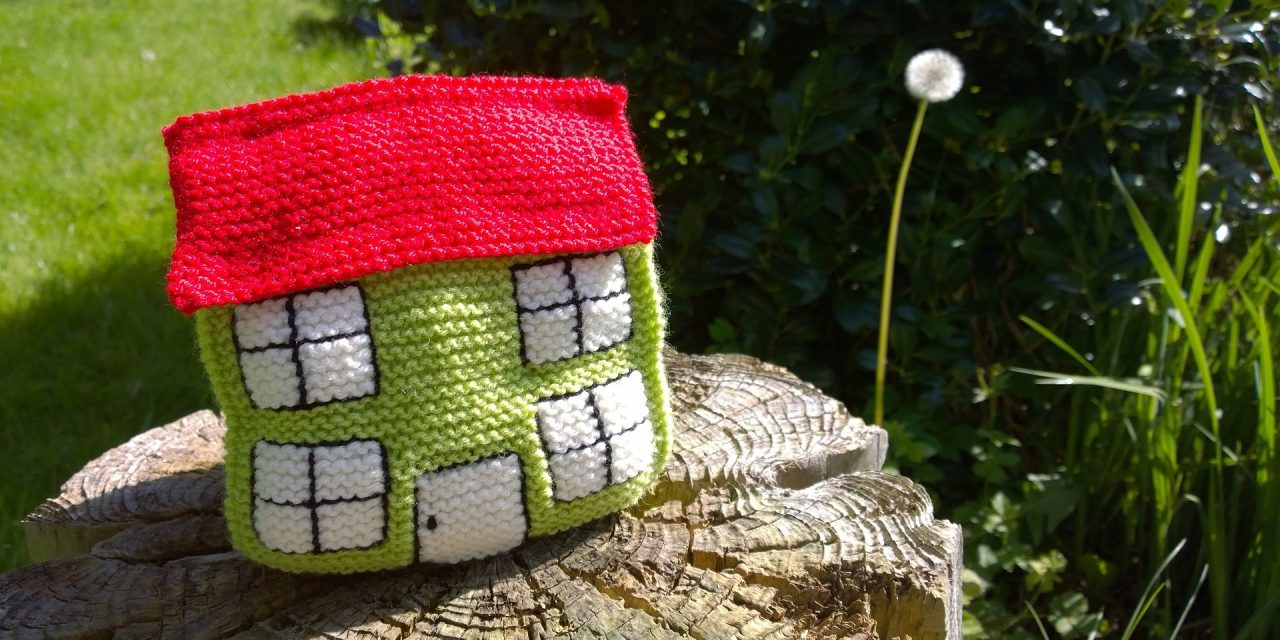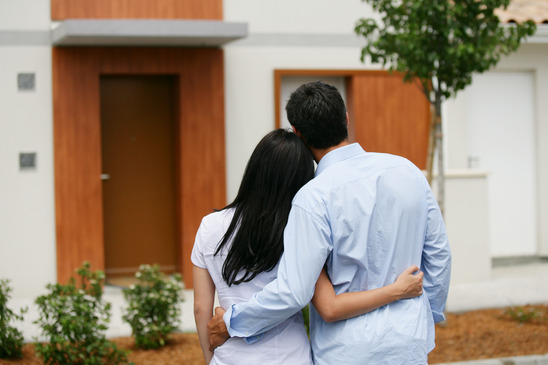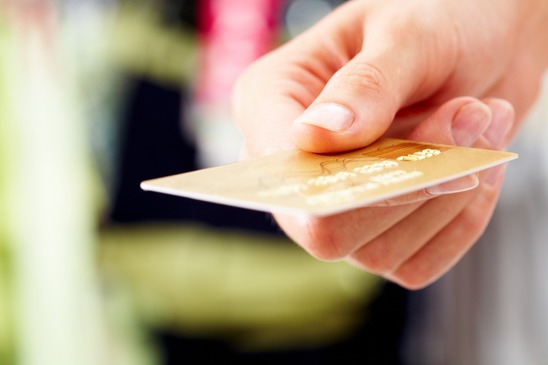Here we talk about the costs involved in buying a new home, which include deposits, surveys, stamp duty and solicitors’ fees – not to mention renovation, removals and decoration. Homeowners, start counting your pennies!
People around us often lament the costs of buying a home, from saving a sufficient deposit in times when obtaining a mortgage is much more difficult than it used to be, to solicitors’ fees and removal expenses. We might be tempted to think that it’s all talk, but here are some of the real costs associated with buying a home, particularly for those with eyes on their first property.
Stamp Duty Land Tax (SDLT)
This is a tax charged on the purchase of houses, flats, land and other properties, dependent upon the cost of the building you are buying. For first time buyers, this is not always a problem, since it only applies to residential properties worth more than £125,000. If you choose to buy in a disadvantaged area you may be able skip the SDLT even if your purchase is up to £150,000. Information about individual bandings is available from the government online – the more expensive the property, the higher the stamp duty with anything from between 1 and 7 per cent charges.
How much deposit do you need to buy a house?
Although there are still 95% mortgages available from certain banks, it pays to have a sound deposit put away before you even begin to search the property market. Think initially about your location, what are property prices like in the area you are considering? If they are quite steep you will need a larger deposit and you will also have to take into account your income as you will not be able to pay more than a certain amount per month. Having £20,000 + put aside is a great starting point if you are able to afford this much. Try saving a specific sum every time you get paid – if it is automatically transferred into a separate account you won’t be tempted to spend it on small luxuries.
Choosing a mortgage
The best way to research mortgages is through a broker, who will give you a variety of quotes based on your financial circumstances. Look out for fixed interest rates for up to the first five years in order to keep costs manageable and think carefully about the repayment period. If you are young 25-30 years is a realistic length of time, but if you are slightly older you will have to factor in retirement as well, meaning your monthly payments are likely to be higher.
Solicitors’ fees
Once you are ready to sign on the dotted line you will need to hire a solicitor in order to confirm everything on your behalf. This can cost anywhere in the region of £400 – £1,000+ so be sure to set some money aside for this expense. Those who are looking to sell an existing property should add another £300 – £700 onto the amount.
Survey costs
Although most properties come with homebuyer reports, you may still need to obtain a survey; for example if you are considering a top floor flat roofing is a primary concern, while older properties can have structural issues. Surveys come in at between £300 – £500. Remember that surveys are not compulsory but can save you £1000s further down the line.
So it seems buying property certainly is an expensive business, and after all this you may still need some extra funds for renovation, decoration, furniture and removals. The more you can save in advance, the better.





